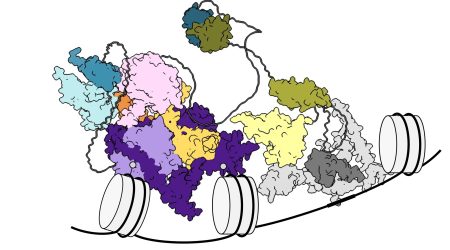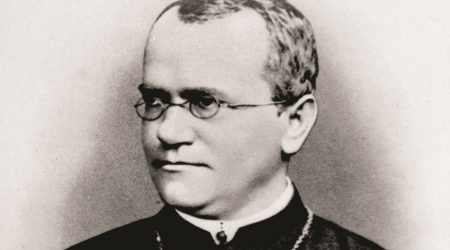RevGenUK, a ‘single-stop’ shop for use in functional genomics

A new project is being launched at the John Innes Centre in Norwich to help geneticists understand how plants grow.
RevGenUK can be used to improve the ability of crops to grow in adverse conditions or to grow more sustainably with reduced nitrogen fertilisers.
Supported by a grant of £1 million from the Biotechnology and Biological Sciences Research Council (BBSRC), the project builds on the John Innes Centre’s expertise in TILLING, a technique to detect mutant genes.
Researchers can work out a gene’s function by studying a defective copy of the gene and seeing how this affects the plant. This is known as reverse genetics.
RevGenUK will maintain large populations of mutated plants with thousands of defective genes. Specialised technology is then used to find a gene of interest and seeds from the plant carrying that gene can be ordered by researchers for their own studies.
RevGenUK will initially include only model plants. Lotus japonicus and Medicago trunculata are model legumes, used to study the interactions between plants and symbiotic microorganisms, especially nitrogen-fixing bacteria.
This area is of great interest because it may lead to reduced requirements for artificial nitrogen fertilisers.
Brassica rapa is a model brassica and is closely related to Arabidopsis, a cress-like plant studied in many laboratories around the world. Brassica rapa is useful for translating knowledge learnt in Arabidopsis to economically relevant crop species such as oilseed rape.
The John Innes Centre has been at the forefront of reverse genetics in legumes and brassicas.
The RevGenUK project will bring this expertise together into a single platform, adapting the techniques for use in high-throughput sequencing machines, so greatly increasing the efficiency of the process.
The service will be based at the John Innes Centre Genome Laboratory and can in the future be extended to include other plant species, to fully exploit the wealth of data being produced by plant genome sequencing projects.



